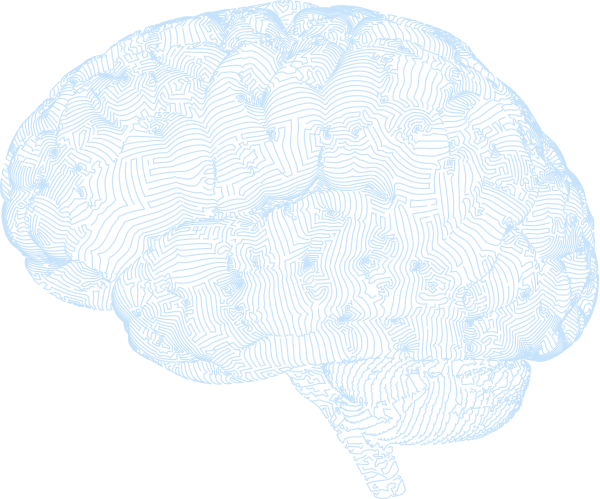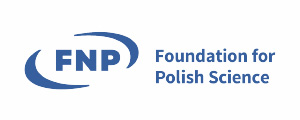Aktualności z naszego Twittera
Yeah ... what a Lab 😎🥳🧠🫶
Prof. Leszek Kaczmarek z @NenckiInstitute został ponownie wybrany na prezydenta European Molecular Biology Conference. Organizacja wspiera współpracę oraz finansowanie kształcenia i rozwoju kariery w dziedzinie biologii molekularnej.
@BRAINCITYWarsaw
📢𝐀 𝐝𝐢𝐬𝐭𝐢𝐧𝐜𝐭𝐢𝐨𝐧 𝐨𝐟 𝐃𝐢𝐯𝐢𝐬𝐢𝐨𝐧 𝐈𝐈 𝐏𝐀𝐒 𝐟𝐨𝐫 𝐭𝐡𝐞 𝐭𝐞𝐚𝐦 𝐨𝐟 𝐏𝐫𝐨𝐟. 𝐄𝐰𝐞𝐥𝐢𝐧𝐚 𝐊𝐧𝐚𝐩𝐬𝐤𝐚❗️
👥 The team under the direction of Prof. Ewelina Knapska consisting of:
▫️Dr. Alicja Puścian, PhD
▫️Dr. Karolina Andraka
▫️Dr. Kacper…
CEL
Czym jest
BRAINCITY i
jaki był cel powstania centrum?
Celem BRAINCITY jest pogłębienie wiedzy na temat plastyczności neuronalnej i synaptycznej w celu zwalczania najbardziej wyniszczających i kosztownych chorób dotykających ludzi.
Brain plasticity refers to the capacity of structural and functional reorganization of the neuronal network in response to environmental challenges. Beside learning and memory which allow for adaptation to the changing environment, neuroplasticity is necessary to recover after disorders and injuries. Brain plasticity is manifested at many levels in the nervous system, ranging from molecular events, such as changes in gene expression, to behavior. At the cellular level, the plasticity is supported by dynamic modifications in neuronal connectivity and excitability that are driven by molecular changes in neurons and glial cells. Synapses are particularly prone to dynamic alterations and thus believed to play a major role in the plasticity. The BRAINCITY laboratories will study in state-of–the-art and highly complementary manner neural plasticity-dependent remodeling of the brain circuitry, whose abnormalities have recently been recognized as fundamental underpinnings of neuronal and psychiatric disorders (e.g. epilepsy, schizophrenia,
addiction, depression, and autism spectrum disorders). The studies will cover a range of research questions and approaches from synaptic plasticity and its molecular mechanisms, to imaging, visualization and manipulation of the brain-wide neuronal networks. Our aim is to identify novel diagnostic and therapeutic targets and thus stimulate the development of new therapies. The attractive novelty and importance proposed by the BRAINCITY is in its close collaborations of multidisciplinary research with clinics that will sharpen the focus on relevant molecular mechanisms, while collaborations with companies will help to address market needs and opportunities. Topics of particular interest for BRAINCITY include genomics and epigenomics, clinical neuroscience, circuitry, neurodevelopment, and disease modeling studied by such experimental approaches as iPSC-derived brain organoids, bioimaging, in vivo and in vitro gene editing, bioinformatics, high-content behavioral assessment, and drug screening.
BRAINCITY i Europejskie Laboratorium Biologii Molekularnej (EMBL) nawiązały długofalową, strategiczną współpracę. Strategiczne partnerstwo z EMBL opiera się na współpracy z wiodącymi instytucjami naukowymi w państwach członkowskich EMBL, wspólnie tworząc międzynarodową sieć ośrodków doskonałości naukowej, wraz z dostępnością zaawansowanych szkoleń EMBL. W szczególności, EMBL wspiera BRAINCITY w zakresie transferu wiedzy z zakresu neuronauki, kultury badawczej oraz nowoczesnego podejścia do zarządzania, w tym regularnej ewaluacji i internacjonalizacji niezależnych grup badawczych i wspierania praktyk transferu technologii.





